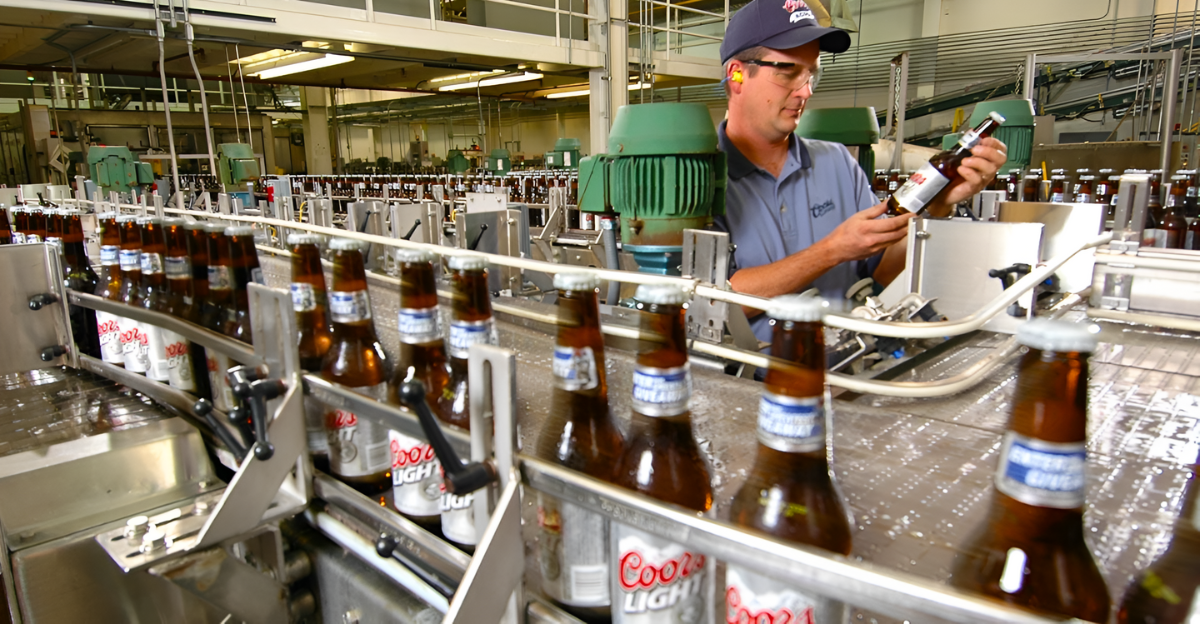
In an effort to counteract the effects of inflation and tariffs and expedite its transformation under new CEO Rahul Goyal, Molson Coors announced on October 20, 2025, that it would eliminate about 400 salaried positions across its Americas division by year’s end, a 9% workforce reduction. In light of growing input costs, this action indicates the need for immediate cost control to preserve profit margins and reallocate funds to priority, growth-driving brands.
Cash flow over the next year will be impacted by the $35–$50 million in charges associated with the restructuring, primarily from severance and benefits. The drastic move by the Chicago-based brewer highlights a strategic shift away from its 200-year-old beer heritage and toward becoming a diversified “total beverage company,” highlighting a market shift that CEO Goyal believes cannot be avoided: “We need to change even more quickly.”
Historical Background of Workforce Changes at Molson Coors

The layoffs at Molson Coors are not unique; rather, they are a continuation of previous 2025 role prioritizations that included voluntary severances and open positions.
This is consistent with larger trends in the industry, where established beverage behemoths deal with dwindling beer consumption as well as pressure on their margins from inflation and tariffs. Beer production has been a significant part of the company’s history for more than 200 years.
The Influence of Tariffs and Inflation on Business Decisions

The brewing industry in the United States is facing rising input costs that are made worse by inflation and tariffs on raw materials like barley and aluminum. As product prices encounter resistance in crowded, price-sensitive markets, Molson Coors must reduce fixed labor costs to preserve margin integrity, which is reflected in the company’s job cuts.
Given that supply chain volatility is expected to continue, Goyal’s reorganization attempts to free up funds for premium and non-beer brand innovation, which is arguably the only way to expand. This is consistent with recent economic projections that show cost inflation to be the biggest risk factor for North American consumer goods companies.
Industry Trends: Growing Alternatives and Declining Beer

Over the past ten years, the amount of beer consumed in America has decreased by almost 15% as consumers have shifted their preferences toward premium mixers, energy drinks, hard seltzers, and healthier options. This cultural shift is recognized by Molson Coors’ strategic layoffs, which aggressively reallocate funds and personnel from legacy beer products to “total beverage” portfolios.
The pressures represent a shift in drinking habits in society that goes beyond economic factors. Businesses that stick too closely to traditional beer run the risk of becoming obsolete, but Molson Coors and other companies that adjust by reducing expenses and diversifying their offerings increase their chances of surviving.
Rahul Goyal’s Transformational Leadership as CEO

The new CEO Rahul Goyal’s leadership style exemplifies the decisive action needed in the harsh business world of today. “We must transform even faster” is his motto, and it directly challenges legacy complacency. The CEO’s dedication to quick, drastic change is demonstrated by the 400 jobs that were cut in about 71 days, demonstrating an urgency uncommon in large-scale restructurings.
Goyal’s strategy demonstrates a psychological understanding of change management: abrupt cuts shock the market and organization, indicating a departure from the past and spurring faster innovation both inside and outside the company.
Psychological Effects on Workers and Business Culture

Significant layoffs invariably have an impact on mental health and morale, which raises concerns about the long-term culture of the company. Nonetheless, Molson Coors’ inclusion of role prioritization and voluntary severance demonstrates strategic sensitivity to employee autonomy with the goal of reducing trauma.
In terms of psychology, open communication about change promotes resilience and trust. Goyal’s argument that restructuring is necessary for survival is consistent with change theory, which holds that having a clear goal lowers anxiety and promotes group buy-in, even during difficult changes.
The Financial Logic: Weighing Long-term Savings Against One-time ~Expenses

Molson Coors expects to save $32–40 million on payroll each year after restructuring, but it will have to pay $35–50 million in one-time restructuring charges for severance and benefits. A strategic trade-off is revealed by this financial analysis: allowing short-term cash burn in exchange for longer-term margin stability and reinvestment potential.
Since declining beer sales are putting pressure on revenue growth, this kind of cost control is essential. The reorganization exhibits prudent capital allocation that prioritizes sustainability over short-term appearances, a model that is frequently disregarded in public discourse that is centered on high-profile job losses.
Molson Coors vs. Other Actions in the Beverage Sector

The aggressive cuts made by Molson Coors coincide with other beverage giants’ shift away from traditional alcoholic drinks. To adapt to changing consumer preferences, companies such as Constellation Brands and Anheuser-Busch have also reduced their workforces and diversified their portfolios.
Molson Coors’ 9% cut in such a brief execution window, however, is exceptionally severe and may indicate either increased urgency or previous inefficiencies that needed to be fixed. This disparity clarifies the company’s readiness to wager on swift change, even at the risk of damaging its reputation.
Extreme Business Changes That Were Successful

There are historical examples of transformational success made possible by significant workforce reductions. In the 1990s, IBM laid off thousands of workers in order to focus on software and services, which led to its eventual success. Even though it was painful, Nokia had to downsize in the 2010s to better meet the demands of the smartphone industry.
This paradigm is met by Molson Coors’ present approach, which is unpleasant but possibly necessary. It perfectly captures the paradox of transformation: sometimes innovation cannot thrive until survival necessitates drastic cuts. This historical perspective places Goyal’s audacious move in a reasonable rather than reckless context.
Wider Economic Consequences: Impact on Neighborhoods

A serious social repercussion of cutting 400 jobs is that 400 families will experience financial instability before the holidays. Consumer spending may decline in local economies that rely on Molson Coors. However, the company may be able to prevent more extensive layoffs in the future by maintaining corporate financial health, safeguarding overall economic stability.
This brings up complex issues regarding the moral balance between short-term suffering and long-term benefit, a problem that more businesses will encounter in the face of globalization and unstable economies.
Considerations for Supply Chain and Market Positioning

In the face of ongoing price shocks brought on by tariffs, Molson Coors’ restructuring attempts to streamline supply chains in addition to cutting costs.
A smaller workforce enables quick response to disruptions in global procurement, which is essential for obtaining raw materials at a reasonable price. Reorienting toward higher-margin, resilient segments is suggested by strategic investment in premium mixers and energy drink brands; analyst reports that predict growth in these categories despite economic headwinds support this strategy.
Consumer Psychology: Shifting Preferences and Brand Loyalty
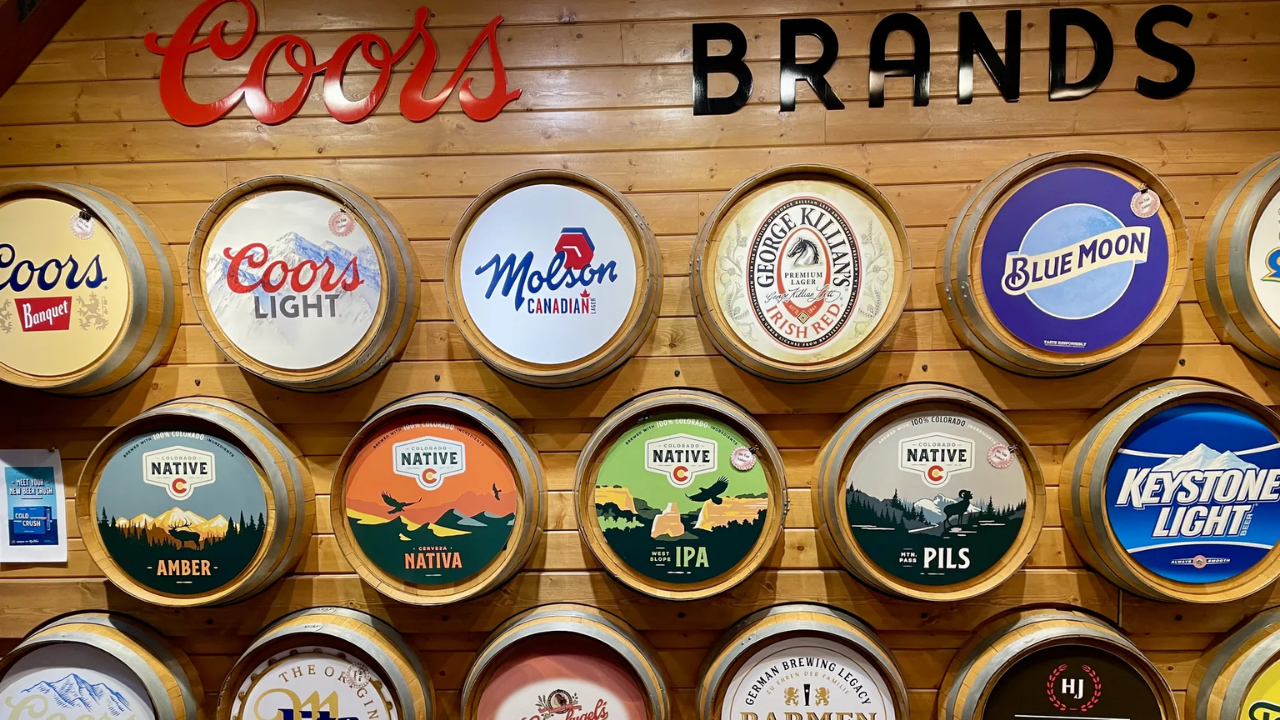
As consumers value variety, sustainability, and wellness, Molson Coors must deal with dwindling brand loyalty. The changes and job losses are a reaction to the changing psychology of consumers, who increasingly link beer to unhealthy, outmoded lifestyles.
Through resource reallocation, the business places a wager on using innovation to seize new consumer niches. These changes are a reflection of a marketing imperative: consumer identity and social values are now inextricably linked to product relevance. Thus, Goyal’s reorganization matches business strategy with intricate shifts in consumer psychology.
Possible Second and Third-Order Impacts: Cultural Erosion or Innovation
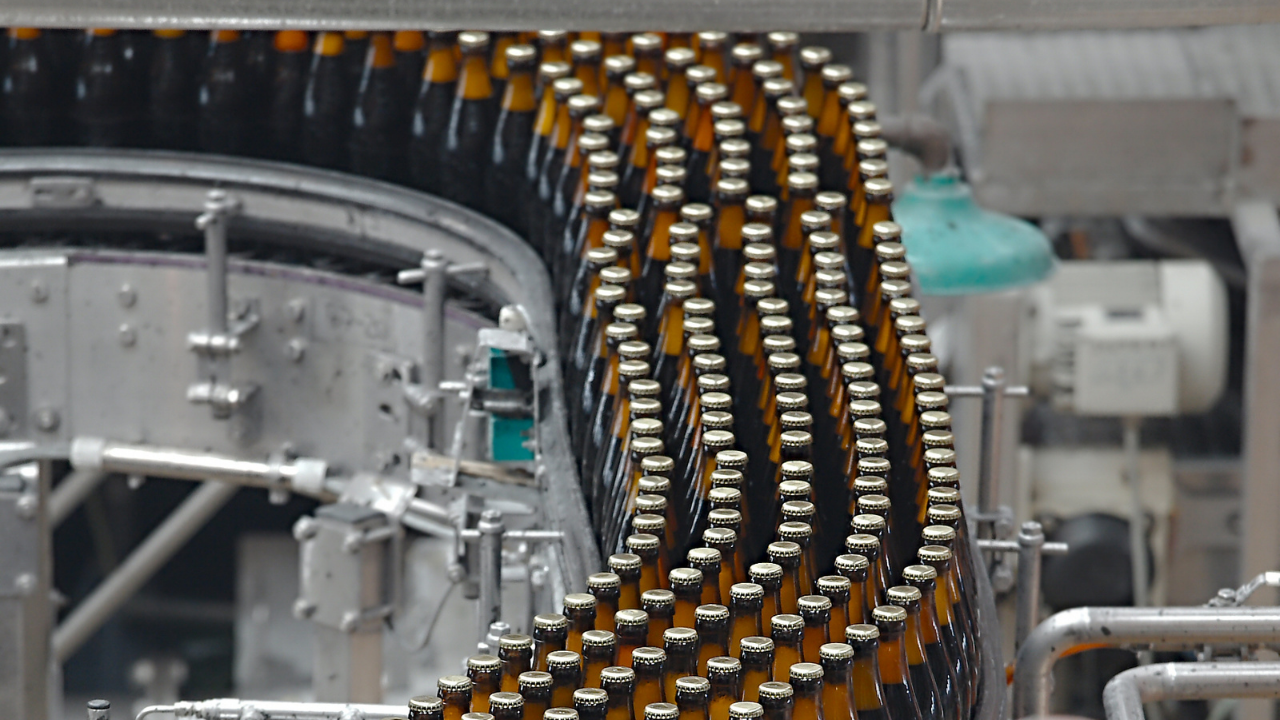
Changes of this magnitude have repercussions. Improved competitiveness, quicker decision-making, and quicker product innovation are examples of second-order effects.
However, there are risks that could jeopardize long-term stability, such as talent drain, institutional knowledge loss, and cultural erosion. Success in terms of strategy depends on striking a balance between these results through reinvestment, communication, and leadership tactics. The quick cuts made by Molson Coors set a high standard for execution accuracy, necessitating constant attention to these ripple effects.
Is Beer Really Going to Be Replaced by Energy Drinks?
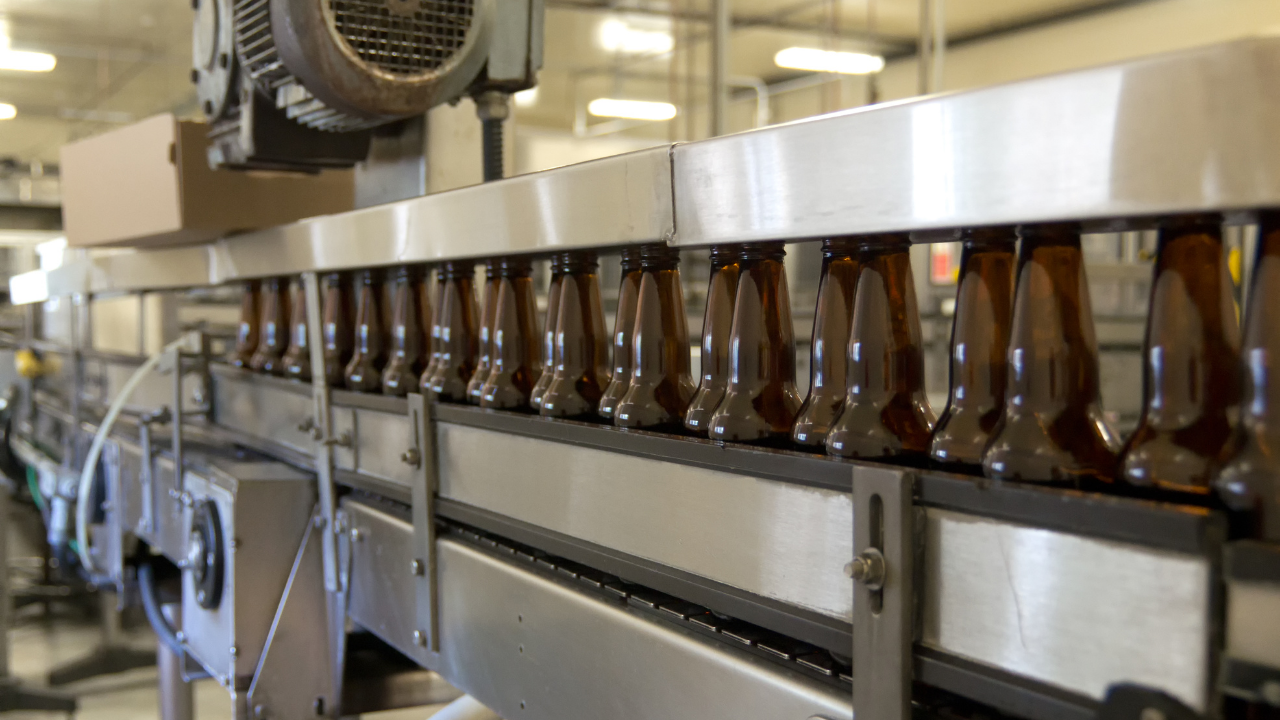
Although encouraging, it is still unclear if the rise in energy drinks and mixers can completely counteract the declines in foundational beer sales. According to some analysts, the markets for energy drinks might reach saturation sooner than expected, running the risk of experiencing yet another disruption cycle.
In order to test whether diversification can avert systemic corporate decline, Molson Coors’ “total beverage company” ambition takes a risk on a number of product vectors. This risky theoretical wager has the potential to completely alter the dynamics of the beverage industry and establish a new business model that is very different from its 19th-century origins.
The Imperative of Transformation Amid Upheaval in Industry
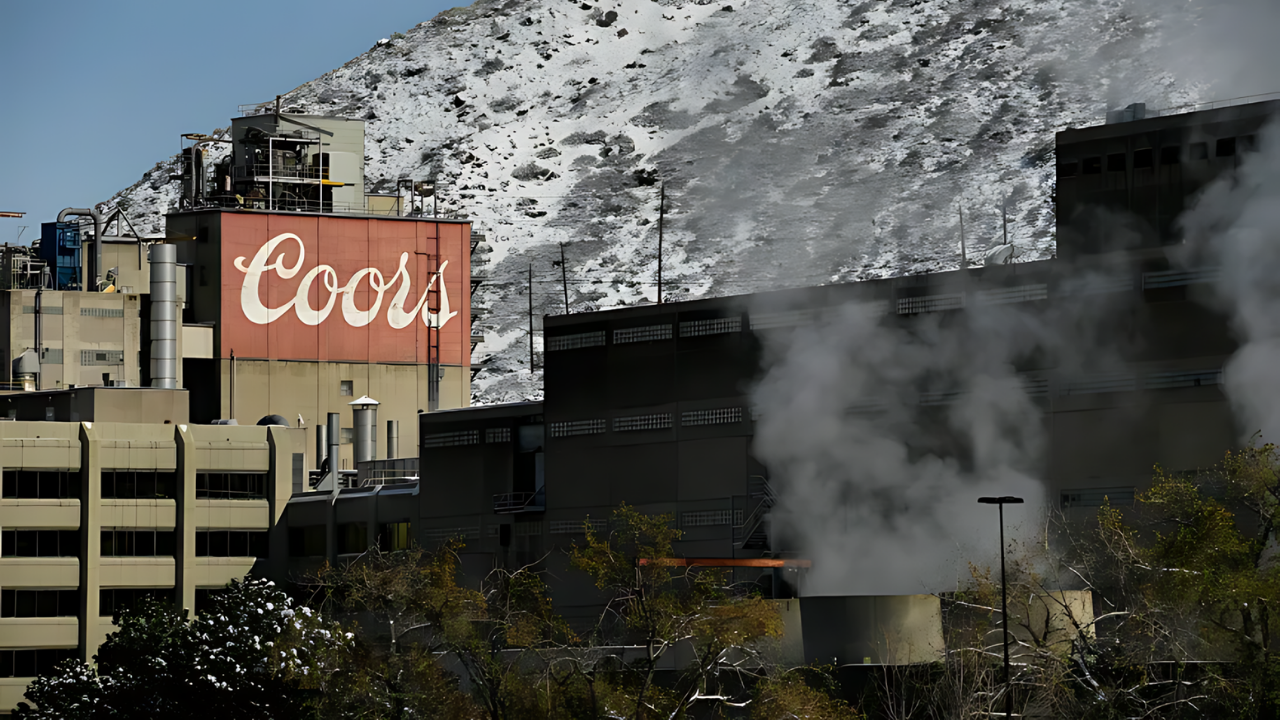
In an industry that has historically been rigid and is experiencing unprecedented disruption, Molson Coors’ decision to eliminate 400 American jobs by year’s end under CEO Rahul Goyal is a flashpoint of urgent change. This daring reorganization strikes a balance between the need for innovation and diversification and the harsh realities of the economy.
The company’s history highlights a larger theme: established companies need to radically reinvent themselves or face becoming obsolete. These layoffs and strategic changes are wise attempts to ensure long-term resilience, profitability, and relevance in the changing global beverage market, even though they are painful for communities and employees.